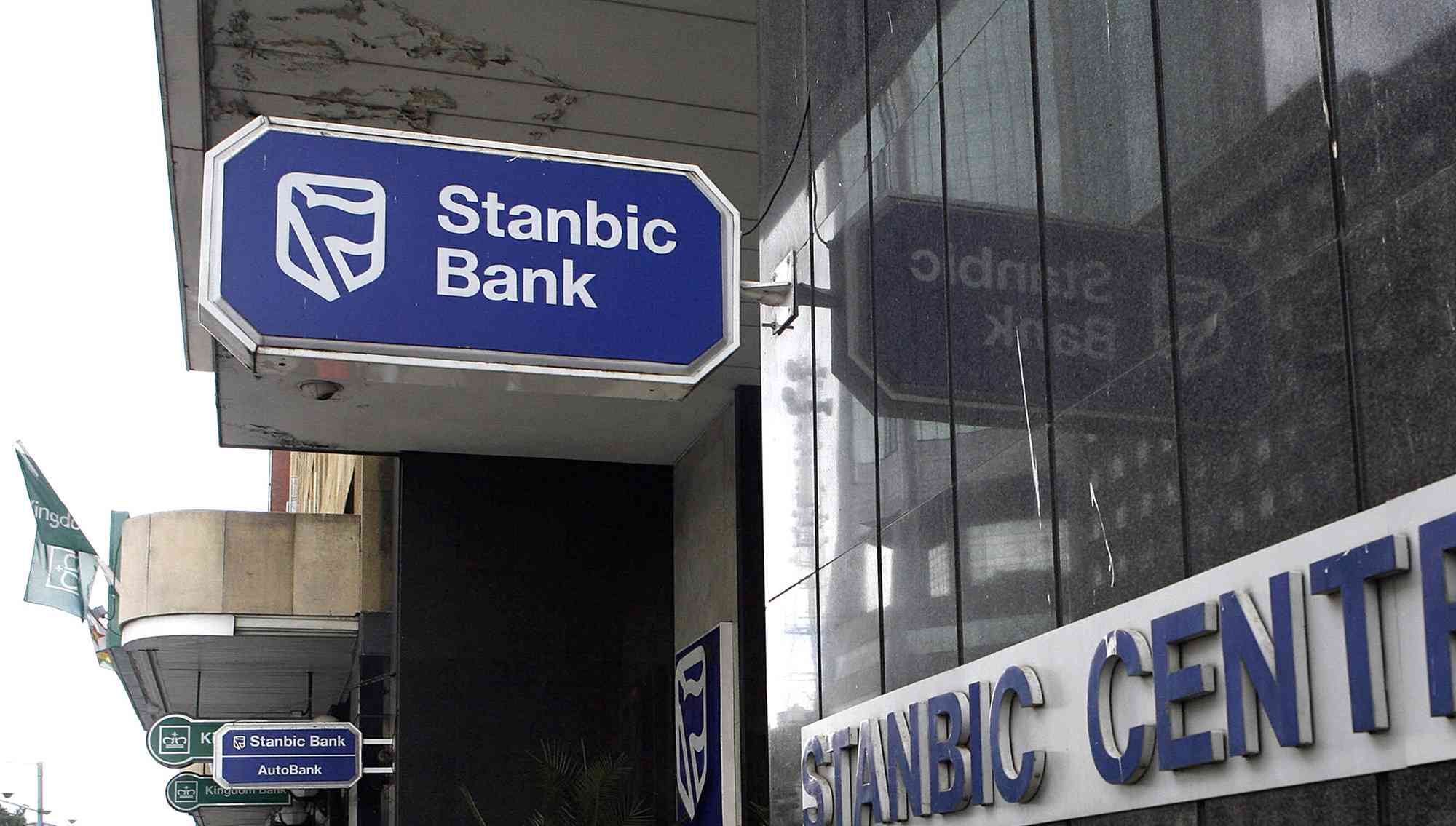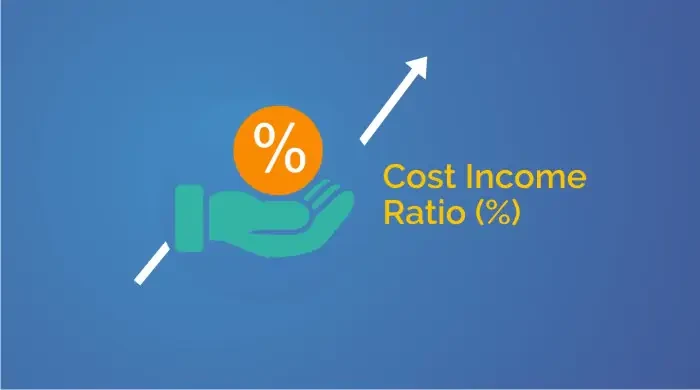
LONDON — Bankers are confident they can persuade the European Union (EU) that its proposed financial trading tax poses enough risks to struggling economies and banks to warrant being watered down.
Reuters
Their campaign against the tax, which will be imposed by 11 of the EU’s 27 countries, focuses on how much it would boost the cost of funding for governments and companies, erode returns earned even by long-term investors and hurt funding markets which are crucial to the health of the financial system.
Advocates of the financial transaction tax say it is small enough and covers enough assets not to distort markets while ensuring banks, which received taxpayers’ cash during the financial and eurozone crises, make a contribution to the public coffers as governments try to rein in budget deficits.
Their arguments have struck a chord with public opinion, particularly in those European countries where unemployment has been rising, social welfare has been cut and wages have stagnated or fallen due to government austerity measures.
But bankers say the impact of the levy will be felt far beyond the financial sector if the EU sticks to its plan to tax buyers and sellers at each stage of every trade that is either transacted by someone in one of the countries imposing the tax or involves an asset issued by an institution based there.
“I think that the impact is so dramatic. I would be astounded if it passes in its current form,” Remco Lenterman, chairman of the FIA European Principal Traders’ Association said.
“I would almost theorise that if they pass and implement it in its current form, they would have to cancel it after a three- to six-month period as markets would become so dysfunctional that you would have to revert back.”
- Chamisa under fire over US$120K donation
- Mavhunga puts DeMbare into Chibuku quarterfinals
- Pension funds bet on Cabora Bassa oilfields
- Councils defy govt fire tender directive
Keep Reading
The European Commission declined to comment. Financial regulation is often changed in the process of negotiations.
Belgium, Germany, Estonia, Greece, Spain, France, Italy, Austria, Portugal, Slovenia and Slovakia have said they will levy the tax. The Commission says revenues from the tax are expected to total up to ₧35 billion a year, or 1% of the total tax revenues of the participating countries.
It is still unclear how the tax would be collected in EU countries which won’t levy it — a group that includes Britain, which has the region’s biggest financial centre.
Bankers are stepping up lobbying of the European Commission and countries which will impose the levy to explain how a tax of 0,1% on stocks and bonds and 0,01% on derivatives could have such a seismic impact.
One of their oft-cited examples is how much the tax would add to the cost of a transaction which involves one investor selling a bond and another buying it.
Because such a trade typically involves dealers and brokers as intermediaries between investors, the tax could be levied 10 times, with the same dealer or broker sometimes being taxed twice — once for buying the bond and again for selling it on — as well as each time a position is hedged to mitigate risk.
Banks, therefore, expect the tax to depress trading volumes, which will hurt the profits they make from such business. And they expect to pass higher trading costs on to clients.











